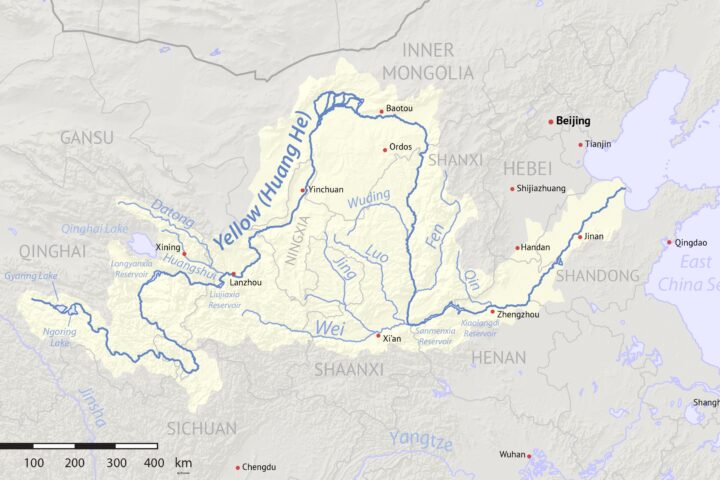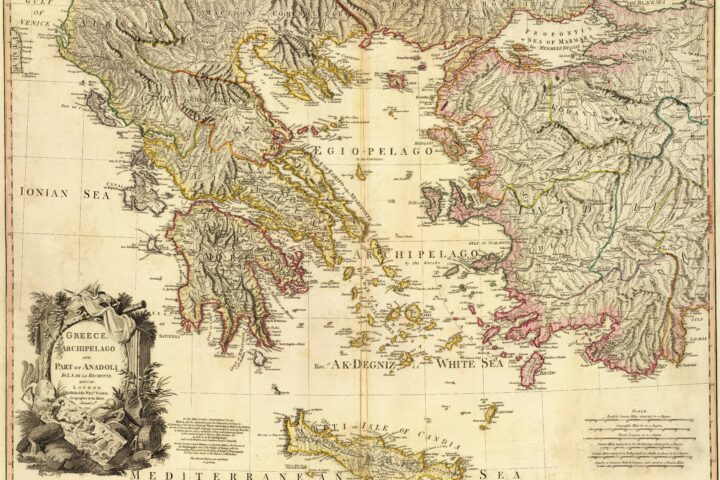Source: Social Media Icons With Paint Splash Effect _ This image is … _ Flickr
In the world we live in today, mobile applications have become more than just mere devices for communication and fun; they have become important parts of geopolitical strategies too. Many nations use app bans as a method to ensure that their people are safe, territorial integrity is maintained, and international relations are fostered properly with other countries.
Many apps have been banned because of such reasons. Some of the apps which fell victims to this political struggle are Google, Facebook, LinkedIn, TikTok and WhatsApp. These apps have been banned in certain regions not just because of technical but geopolitical reasons as well.
TikTok

Source: pixabay_tiktok_why-tiktok-banned-in-countries-security-concerns
TikTok is owned by China’s ByteDance and has become a global phenomenon today because of how it is captivating millions with just some short-length videos. After its introduction, TikTok has become the favorite of many but unfortunately, its fame hasn’t been safe from controversies about its origin and purpose of creation.
In the list of countries which have illegalized TikTok, we find many prominent nations like Australia, Estonia, India, the UK, the Netherlands, Norway, Belgium, Denmark, the United States, Canda, France, Pakistan, Afghanistan, and Taiwan. All of these countries have said that they did so because of security risks for their state. In case of India and some other countries, this has also been done because of increasing tensions between the country and China. Many politicians from other countries uses TikTok for their political campaigning. This involves speculations of the app stealing user information to pass onto the Chinese government. A technological war was started as a result of this.

Source: pixabay_whatsapp-why-whatsapp-banned-encryption-security-control
It has been discussed by experts that China and Iran are increasingly targeting WhatsApp for its end-to-end encryption, which allows only the parties in communication to read the messages being exchanged. Such governments regard the encryption of this app as a challenge because they would not be able to monitor communications that could be employed in organizing dissent or evading government surveillance.
In addition to security concerns, it is also about business in countries like UAE where WhatsApp calls are prohibited as the government seeks to safeguard its own telecommunications industry. The essence of these bans is not solely security but also control over communication channels that can threaten the state.

Source: https://commons.wikimedia.org/wiki/File:Whats_app.jpg
The Chinese Google ban is a typical demonstration of how global connectivity can be overridden by geopolitical concerns. Since 2010, Google has been mostly inaccessible in China as a result of the company’s decision not to follow strict government censorship rules. The “Great Firewall” is an advanced technique employed by the Chinese government. It helps to manipulate information flow in its territory and ensure that all content fits into the framework established by the Communist Party.
The blocking of Google highlights the broader strategy of maintaining a tight grip over the internet in China and preventing Western corporations from dominating digital space inside China. By encouraging domestic platforms such as Baidu instead, China ensures that its internet ecosystem remains within its control which is in line with its general approach of digital sovereignty.

Source: https://commons.wikimedia.org/wiki/File:LinkedIn-Logo.png
Unlike other social media sites, LinkedIn is all about professional networking. However, it has also faced the music of geopolitics as regards Russia. Noncompliance to a law that required Russian citizen’s data to be stored on servers in the country got LinkedIn banned in 2016.
The ban signifies a growing tendency for states to enact data localization laws targeting foreign firms with demands that they store their data within their territories where governments could access and control them. These laws form part of a broader geopolitical strategy to maintain digital sovereignty by protecting national interests including national security and shielding local citizens’ information from redoubtable foreigners.

Facebook is known and used by almost everyone in the world- it is that well-known. But unfortunately, even Facebook hasn’t lived up to the expectations in countries like China, Iran and North Korea. Similar to the case of other social media apps, the case for Facebook is connected to data concerns of the state’s government. But many-a-times this isn’t the only thing keeping this app at bay.
These countries have banned Facebook also because of their dislike of western influence and technology which they seek to control. Tensions between China and the West have propagated and backed this decision of the Chinese government. Same can be said for Iran and North Korea which have banned this app to remove any contestation to their authority. All of such actions trickle down to geopolitical strategy at the end and showcases how nations work with international influences for their people’s safety and their own interests.
Resources
- Which countries have banned TikTok and why? (2024, March 14). Euronews; Euronews.com. https://www.euronews.com/next/2024/03/14/which-countries-have-banned-tiktok-cybersecurity-data-privacy-espionage-fears
- Congress Passed a Bill That Could Ban TikTok. Now Comes the Hard Part. (2024). The New York Times. https://www.nytimes.com/2024/04/23/technology/bytedance-tiktok-ban-bill.html
- Shreyansh Mangla. (2023, November 13). 5 countries where WhatsApp is banned. The Times of India; Times Of India. https://timesofindia.indiatimes.com/etimes/trending/5-countries-where-whatsapp-is-banned/photostory/105187065.cms
- Breene, K. (2016, November 17). As Russia blocks LinkedIn: these countries already deny access to social networks. World Economic Forum. https://www.weforum.org/agenda/2016/11/russia-is-about-to-block-linkedin-these-6-countries-already-deny-access-to-social-networks/
- LinkedIn to Shut Down Service in China, Citing “Challenging” Environment (Published 2021). (2024). The New York Times. https://www.nytimes.com/2021/10/14/technology/linkedin-china-microsoft.html
- Kirkland, A. (2014, February 4). 10 countries where Facebook has been banned – Index on Censorship. Index on Censorship. https://www.indexoncensorship.org/2014/02/10-countries-facebook-banned/
- Barry, E. (2022, January 18). These Are the Countries Where Twitter, Facebook and TikTok Are Banned. TIME; Time. https://time.com/6139988/countries-where-twitter-facebook-tiktok-banned/
- Siegler, M. (2010, April 19). Google Is Blocked In 25 Of The 100 Countries They Offer Products In | TechCrunch. TechCrunch. https://techcrunch.com/2010/04/19/google-censorship/
















